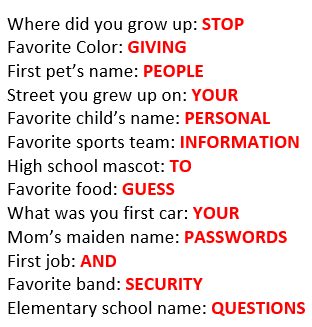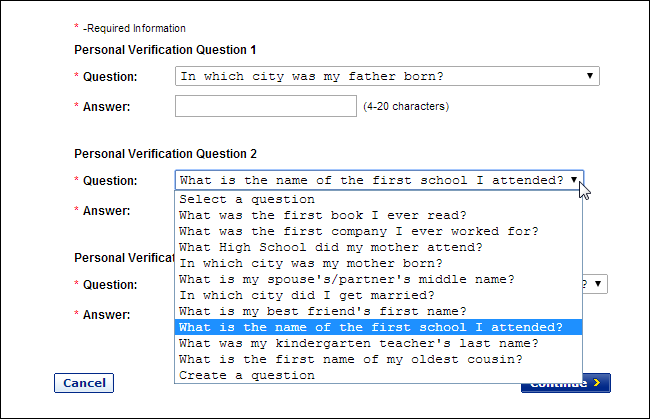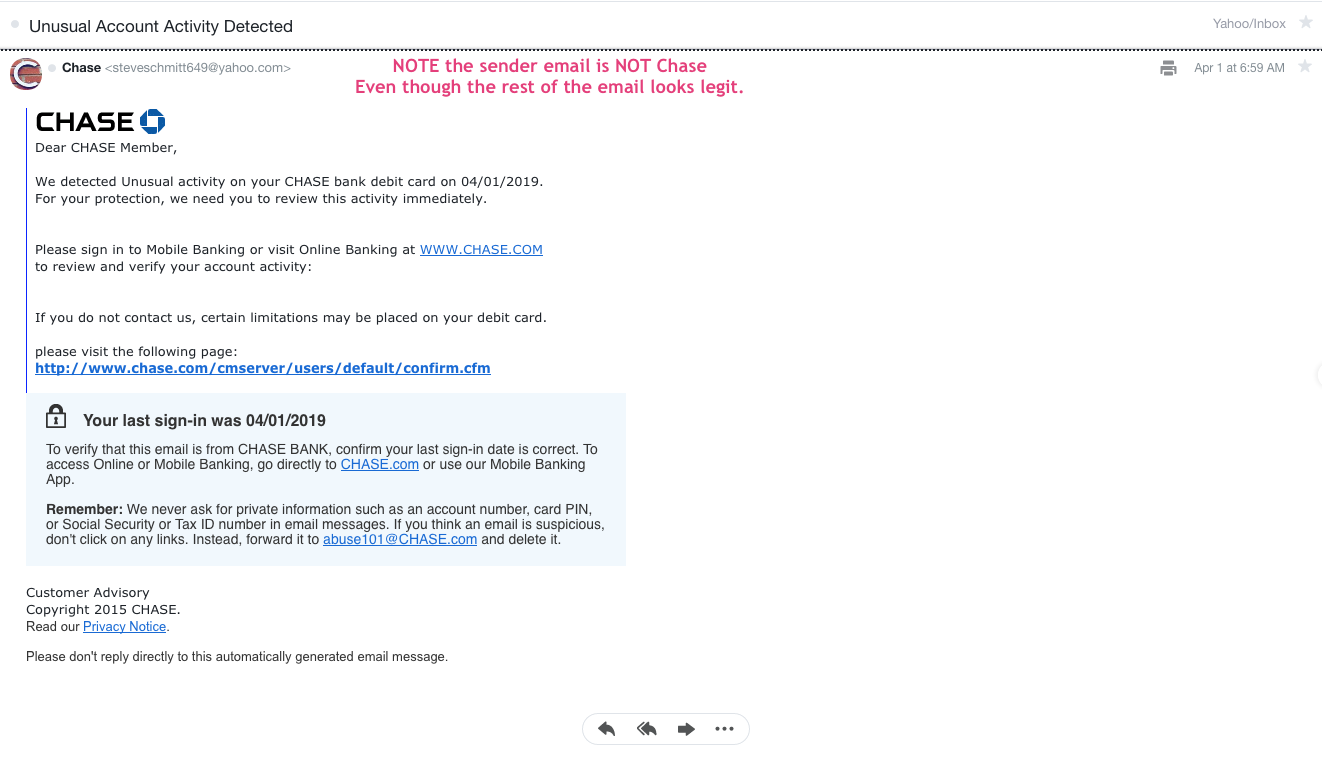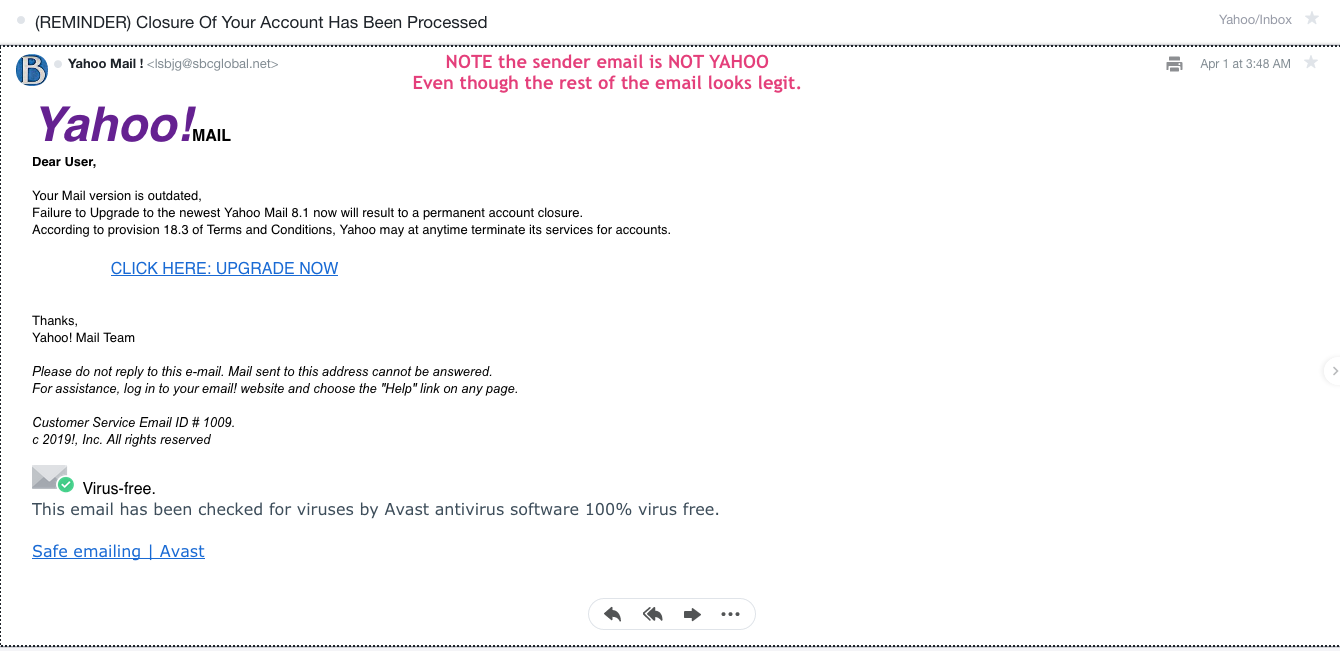South San Francisco, Ca August 9, 2021
Far too many people today are giving up information so easily without thinking of potential consequences when they are on social media. Many of the ‘fun quizzes’ ask for the same personal information we are required to provide other accounts, as part of our passwords and security. Taking theses quizzes or playing games seem like innocent and fun interactions yet they may result in big problems. These seemingly simple questions just might unlock our financial accounts, medical records and other private sites we use.


The Better Business Bureau shares these tips to avoid social media scams:
- Be skeptical: Before answering a quiz, figure out who created it. Is it a brand you trust? Just because something appears to be fun and innocent, doesn’t mean there isn’t an inherent risk.
- Adjust privacy settings: Review the social media account’s privacy settings and be strict about any information that is shared – and be mindful of who you are sharing it with.
- Remove personal details from your profile: Don’t share information like phone number or home address on social media accounts.
- Don’t give answers to common security questions: Be cautious if the questions in a quiz ask for things like your mother’s maiden name, street you grew up on, previously owned vehicles, favorite foods, or the name of your high school.
- Monitor Friend Requests. Don’t accept friend requests from people you don’t know. Also be wary of a second friend request from someone you are already connected with; the second profile may be an imposter trying to access your data and your Friends list.
NEXTDOOR: Is that really your neighbor?
In addition, the popular Nextdoor.com app has widen it’s ‘neighborhood’ reach and now covers multiple Cities beyond our own. While users can still post to their specific neighborhood only, many do not, and use the wider reach. Those who respond to many of these conversations might not realize they are now interacting with others from different neighborhoods and Cities. Too often neighbors are sharing very personal information, who they live with, what times they might be home, if they are going out of town, what type of vehicles/ goods they might have, etc.
It is important to remember not all these people are actual neighbors because there is no way to correctly vet those who sign up. And even those who might be neighbors, are not necessarily those you want to know your private information. The concept of ‘nextdoor’ is no longer what we have historically known, nextdoor can be anywhere. We are now a global world.
Social media has so many benefits and it’s important that we keep ourselves, our family, our home, our friends, and neighbors as safe as possible by thinking a bit differently when we share our information online.
EMAIL SCAMS
It’s also worthy to remind our neighbors again of the importance of checking the email address from businesses when you receive them. Often the email looks completely legit and has some catch to make you click on the link. Be sure to double check the email address to ensure it really is from the business, and not a phony email.


CYBER ATTACKS
Cyber attacks, those that go beyond identity theft, are becoming more brazen with major institutions experiencing major problems. These include hospitals, financial institutions, infrastructure, and government agencies and beyond. It is beneficial to have backups of your personal information in a physical format, and not just online.
Our dependence on the internet has changed dramatically the past few years, and will continue to change. Is there any possibility that the whole web could crash? Probably not, yet specific areas are more prone than others. A good read can be found at HowStuffWorks.com What Would Happen if the Internet Collapsed? which offers reassurance yet we all know exceptions exist to just about everything.
Bottom line, be aware of your surroundings whether in real life or online, trust your gut instincts, and take that extra few minutes to ensure your safety and those in your circle.
The FCC {Federal Communications Commission) offers updates on issues – please do take a moment and check out their website, bookmark it for future resource.
Are there other scams you are seeing? Please let us know in the comment section below or email us at News@EverythingSouthCity.com
[…] how prevalent social media is in today’s society, it is imperative to maintain a presence there. Video marketing is […]